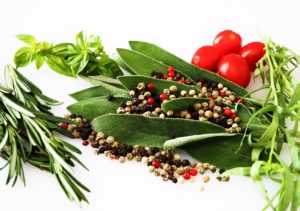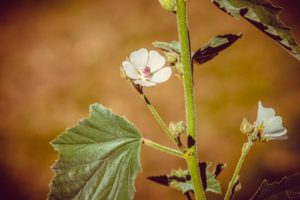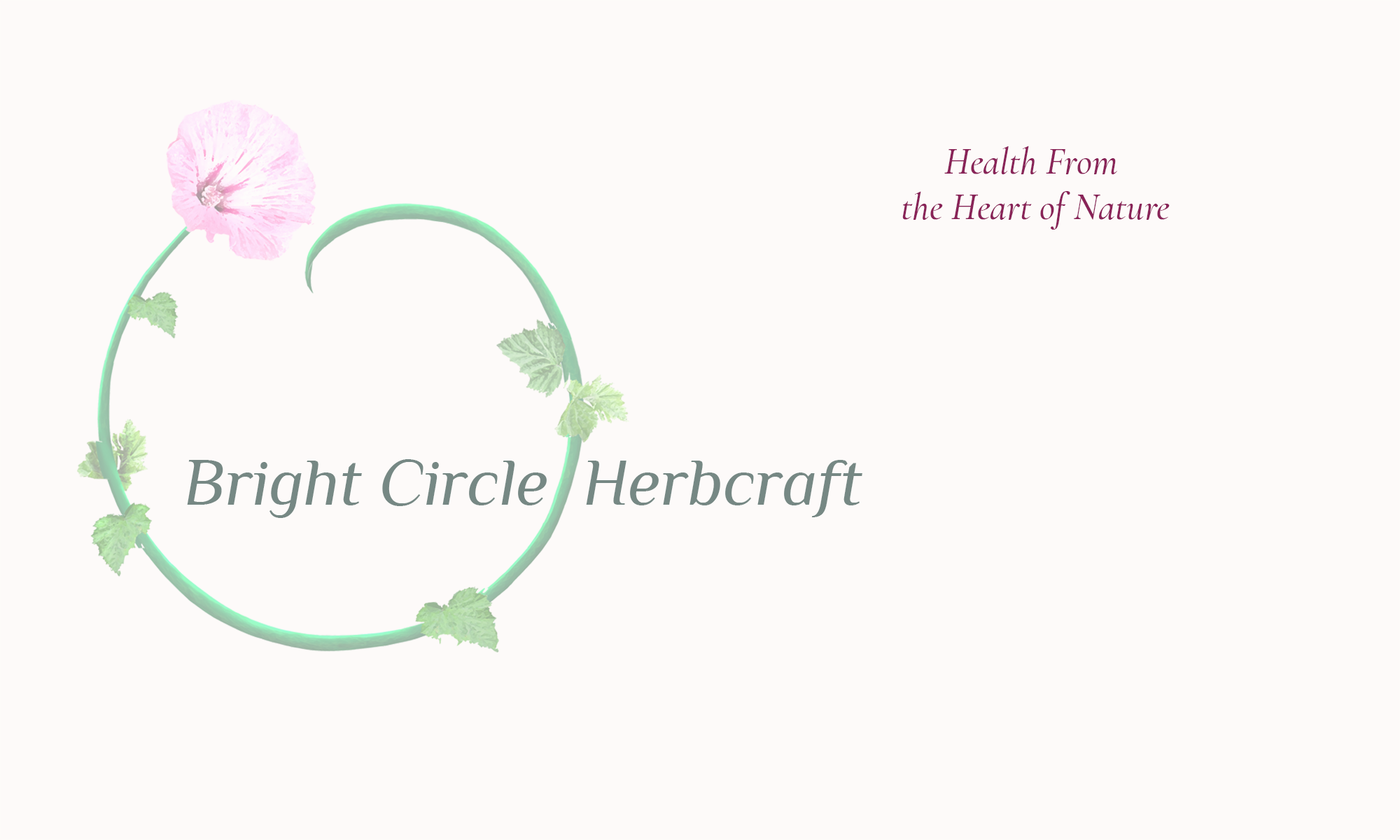Aligning with Life
When I choose an herb to use as medicine, I don’t tend to think in terms of what herb is “for” this or that condition or symptom. In choosing an herb to partner with, I don’t usually entertain questions about their constituent chemicals first, except to know if it contains some that are hazardous. Those questions stem from the way drugs work, but plants are not drugs, and they are not used in the same way.
In talking about using an herb “for” something, what most people want is suppression of a symptom. But symptoms are the body’s expression of its life force, and it’s best effort to heal itself, or adjust to a what it perceives as a threat — so is  constant suppression of symptoms really a good thing? They also act as a language offering us a deeper insight into why they arose in the first place. Instead of stifling the symptom (suppressing the expression of life force and the body’s communication to us) what if we listen to what the body is trying to tell us, and support it in it’s own healing of what is causing the symptom?
constant suppression of symptoms really a good thing? They also act as a language offering us a deeper insight into why they arose in the first place. Instead of stifling the symptom (suppressing the expression of life force and the body’s communication to us) what if we listen to what the body is trying to tell us, and support it in it’s own healing of what is causing the symptom?
But first, it is worth considering the many ways herbs affects us, so I invite you to leave behind what you know about a world of seemingly endless drugs for a little while, and step into the world of plants to learn how they help us heal.
Plant Medicine
First it is important to consider just what herbalism, also known as plant medicine, is and is not. Plant medicine uses an entire plant part, and sometimes a whole plant, to nourish the body and shift it’s ecology, internally or externally. We use whole leaves, flowers, stems, roots or seeds for the complex of energies they hold. Herbalism is not about a single extracted chemical or constituent. In each whole plant or plant part, such as a root or leaf, are chemicals that work together to shift our bodies toward health. When chemical companies fixate on a single ingredient made into a standardized extract, they are usually missing some of the most important parts of the plant.

Though the chemical and pharmaceutical companies love to isolate “active ingredients” from plants and peddle them as miracle cures, the truth is, the full scope of chemicals that are in most plants — much less which ones work together — aren’t well known. This is important, because sometimes chemical companies extract one part but leave out the other, rendering the their “miracle cure” ineffective. Concentrated single constituents from plants that are packaged into pill form really just amount to a type of thinly disguised pharmaceutical.
In working with plants, we work with the whole plant to nourish the body and support it’s healing; and the real miracle is how plants, with all their energetic effects, interact with the body to bring health.
In this sense, the use of essential oils by themselves is not herbalism, though they do derive from plants, and can play an adjunct role in some herbal formulas. Essential oils are distilled from the plant without the other chemicals that support, and sometimes alter their behavior in the body. They are a highly concentrated component of a whole plant, more akin to pharmaceuticals in being a “constituent part” rather than a synergistic whole. It also takes enormous amounts of plant material to make a very small amount of essential oil, which can be hard on the land in ways that violate the very essence of connection and relationship with plants that is at the heart of herbalism. A richer and more plant connected alternative to using essential oils is to used infused oils. They extract more than just the volatile fraction from the plant, and offer a more whole and gentle resonance as a result.
Our bodies are built with sunlight distilled by plants, energizing a vital force within us that no formula of dead chemicals can replace.
Nature has provided abundantly for our needs with synergies from the green world, packaging chemicals and energies that already work together into a single leaf, flower or root.
Shifting State
Herbs influence the body in multiple ways. They nourish cells and organs, and the body also reacts to particular qualities of a plant. Have you ever reached for a piece of fruit or a lemonade when you are too hot in the summer? You probably sense that most fruits are cooling. Conversely, you probably sense that a hot cup of spicy tea on a cold autumn day is warming, not only because of its thermal warmth, but because of the warming spices. Temperature is one way that plants affect us. Taste is another, as sour is part of that cooling property, and bitter enlists a whole cascade of secretions and alerts all along the whole digestive tract. (Yes, just the taste of bitter can do that, and I will share about it in a future blog, so stay tuned!) My favorite shift though, is the way that cold infused Marshmallow root, Althea officinalis, moistens all my mucous membranes, before I can even swallow it. In our dry Oklahoma summers, that can be a blessing.

It’s not quite known how this happens, but for thousands of years herbalists and physicians of the ancient world have known that it does, probably by some reflex response in the body. All I know is, when I am working with someone who is all dried out, they are grateful for the effects of Marshmallow. Interestingly, as their dryness eases, so do depression and insomnia, though Marshmallow is not specifically a mood elevator or hypnotic.
Sometimes the constitutional state of the body is what is causing other symptoms, and shifting that state promotes healing.
So herbs help the body shift its state through taste, temperature, moistness or dryness, and more; and these actions tell me so much about how the plant will work for the person I am helping. In essence, plants shift the ecology of the body, nourishing it from within, while offering an even deeper medicine.
I hint at what that is here, and I’ll tell it’s story another time. Until then, notice the effect that a cup of any tea has on your state. Sit quietly as you sip, and tune in…. is it warming or cooling? Astringent or moistening? Stimulating or calming? When you do this, you are tuning in to some of the powerful ways that herbs help us heal.
